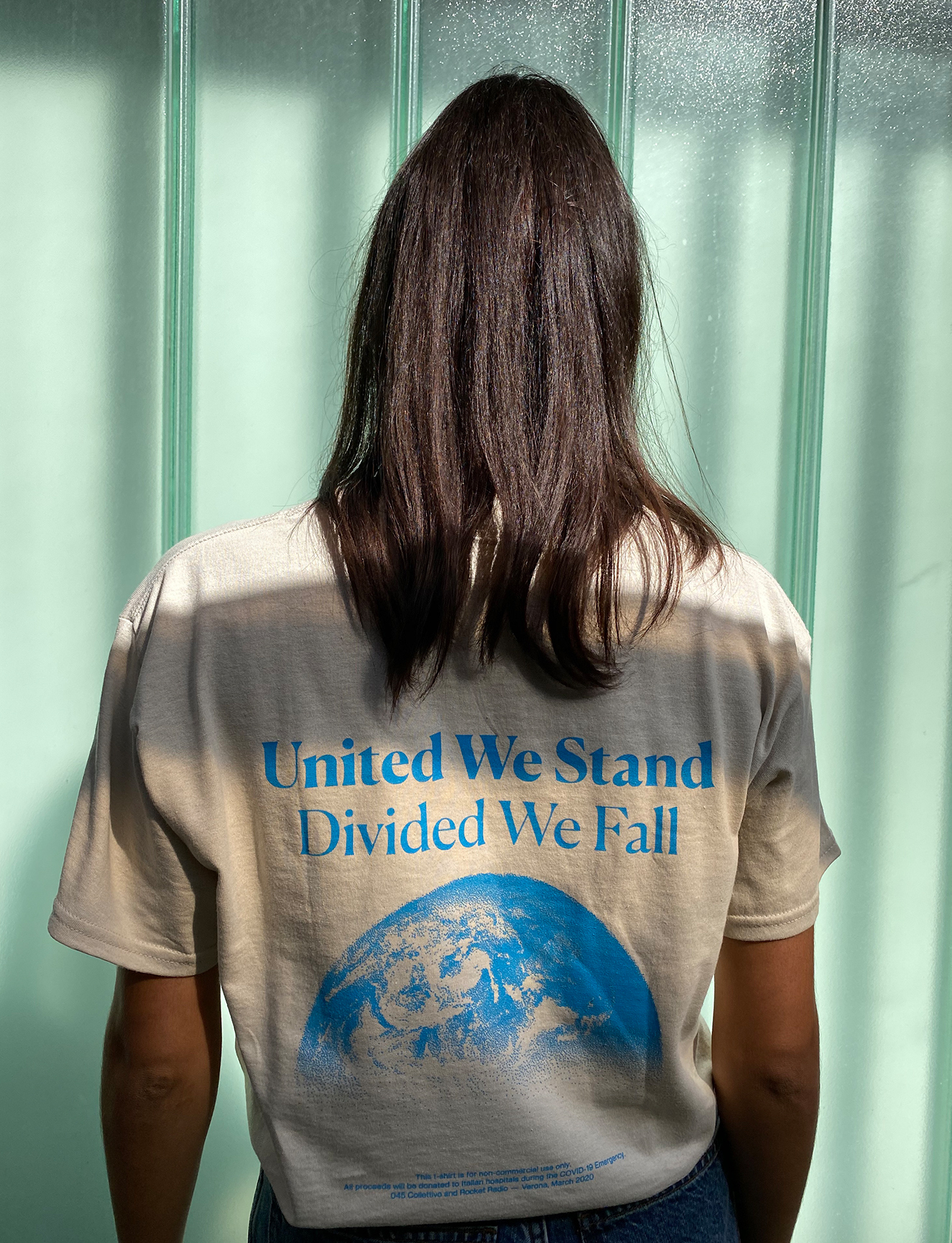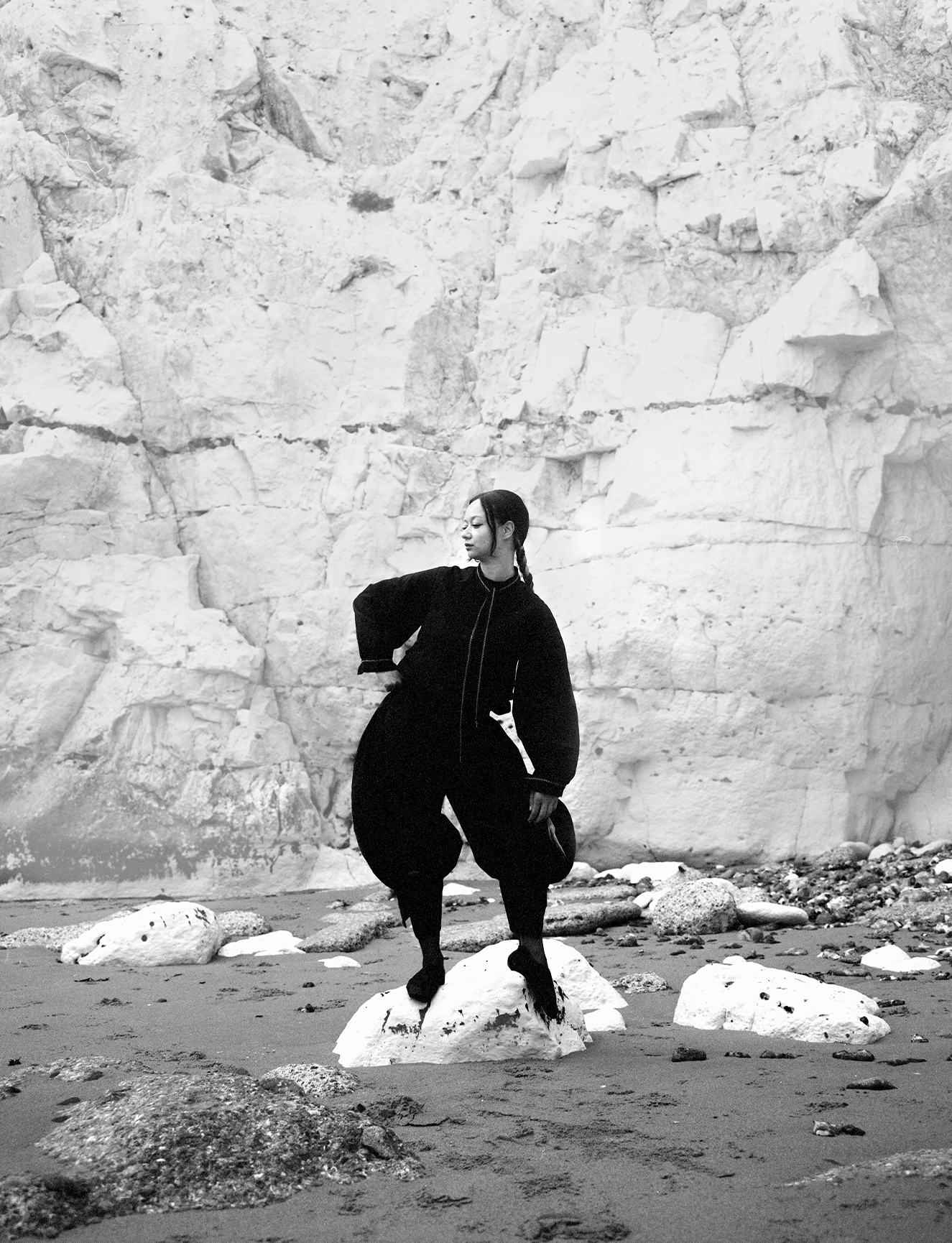While US insurance startup Sensible Weather certainly doesn’t promote heading into potentially life-threatening situations, it does attempt to offer a semblance of certainty amid increasingly unpredictable conditions. Its Weather Guarantee automatically reimburses people up to the average cost of their daily rate for unfavourable weather. “Right now, we offer Weather Guarantees for rain and precipitation but other impactful weather factors such as extreme temperatures, wind and air quality are in the works,” Founder and CEO Nick Cavanaugh says. Heat insurance (which will cover extreme temperatures as well as temperatures that cause discomfort and disruption to outdoor activities) will be available by the end of the year. Pragmatic necessity or product of disaster capitalism? “Sensible Weather recognises the inevitable impacts of climate change on both consumers and destinations and offers Weather Guarantees as a way to adapt to the world we live in. Our mission is to empower people to get out and experience the world around them, and support hospitality and travel businesses in the process,” the company says. The word ‘inevitable’ here is perhaps telling.
Pragmatic necessity or product of disaster capitalism?
The idea of getting a bit of cash back may offer some comfort to anyone whose holiday was disrupted this year, but the existence of emerging products like extreme heat insurance highlight how once-ordinary travel has become an exercise in risk taking. Over the next few decades, as temperatures continue to rise due to a global, political failure to reduce anthropogenic emissions, we could see this go even further, with a bifurcation of holiday-making. On the one hand, with maximum temperatures in Madrid, Milan, and Athens expected to rise by 6.4°C, 7.2°C, and 5.7°C respectively by 2050, Edinburgh, Leeds, and Cardiff might start looking more attractive as their temperatures will mirror those now experienced in Paris, Melbourne, and Montevideo. By 2050, the temperatures of cities in northern latitudes will resemble today’s climate of cities over 1000km to their south, says the Crowther Lab, which made the projections. Already, a “rising number of investors are registering interest in properties along the English coast,” the Telegraph reports, suggesting that the extreme heat in Europe will “revive Britain’s ailing holiday let market”. An interesting angle.
While the tamer of us may be dusting sand off our towels a little closer to home, the extreme climate overseas will undoubtedly appeal to the more intrepid, and wealthy, among us. After all, battling harsh weather for fun is hardly a new concept. For around £2,500 you can spend a few days chasing storms and tornadoes around the southern states of America. It’s certainly still a niche hobby but extreme tourism is subject to experience – and exclusivity – related inflation so the relatively low price and the accessible location just make it too run of the mill for those who want a unique thrill. With the average price of climbing Everest at around £45,000 that’s a tier up. But as queues form on the icy passes, it might not feel quite as special anymore. Perhaps paying £43 million to fly into the vacuum of space will scratch the itch? Or maybe burning forests, smouldering shorelines or toxic air will become the next self-inflicted hurdles to overcome for those who waved goodbye to adversity millions of pounds ago.
The passengers of Inspiration4, the first all-civilian spaceflight, chartered by billionaire Jared Isaacman, were swung around in a centrifuge, thrown up and down in planes and confined to a simulator for 30 hours to prepare for the rigours of their trip, while millionaires spend months training and summiting smaller mountains in preparation for climbing Everest, so it’s not too much of a stretch to imagine a silicon valley CEO undergoing heat tolerance training ahead of dropping into southern Europe during wildfire season. Equally, if an investment banker can expect gas-powered showers and chefs on hand 6,000 metres up a snowy mountain, why couldn’t they expect a heat – and fire – proof luxury complex to be built in a heat dome? There would be no crowds of fellow tourists to deal with, and the flames just lapping at the horizon would make for a great group selfie backdrop.
It pushes the boundaries of ethics and good taste
Undoubtedly, it pushes the boundaries of ethics and good taste, but people have never let that get in the way of a good photo op or excursion before. “Being able to shoot an AK47 [or] the infamous “Killing fields” outside of the capital of Cambodia, Phnom Penh…comes to mind”, says Dr Brent McKenzie, an expert on dark tourism who is currently writing a book on the subject.
The establishment of a new, extreme kind of summer holiday will likely largely depend on how much a given country or region wants, or needs, the attention and income. For instance, McKenzie says that in the case of the Cambodian example above it’s “a city that wants any kind of foreign tourism, and tourism dollars, due to the poverty in the city and country”. Germany, meanwhile, has capitalised upon Cold War fascination in turning the Checkpoint Charlie border crossing into a tourist attraction, while Hiroshima has also developed a tourism infrastructure around its own wartime history. (McKenzie muses whether the release of Oppenheimer may boost visits to the area).
There are certainly distinctions to be made between what is educational, what is lighthearted and what is part of the process of memorialising and paying tribute. It’s perhaps fair to say that a respectful period of time has elapsed between the events and travesties above and the establishment of a tourism industry; which makes the tourism read as less salacious than it otherwise would. The same goes for Belfast’s “It was fine when it left here” themed Titanic tours, and the Titan submersible, which was on its way to the wreck of the Titanic when it imploded. This event served as a grim crossover of both dark and extreme tourism and a reminder that, despite the training and the concierge-style rescue services available, there are limits to the dangers money can buy you out of. “My personal opinion has always been the location of the site (and the people of the region) [are] the best to judge what is ethical or not… but it is often difficult to shape “proper” behaviour,” says McKenzie, who points to the companies that ran bus tours through parts of New Orleans after hurricane Katrina while people were still trying to rebuild their lives as “questionable” tourism practices.
In Maui, opportunistic investors are already attempting to scoop up land for cheap, leading the Hawaiian governor to explore a moratorium on land transactions to thwart predatory buyers after bargain holiday lots. As an island, Hawaii has been vocal in its anti-tourism stance in recent years but other countries may find themselves begrudgingly accepting offers for tasteless climate tourism as the rest of us divest from the heat and danger and search for Airbnbs in balmy Donegal or sunny Scarborough.
Read More: What Does Pride Mean Today?






